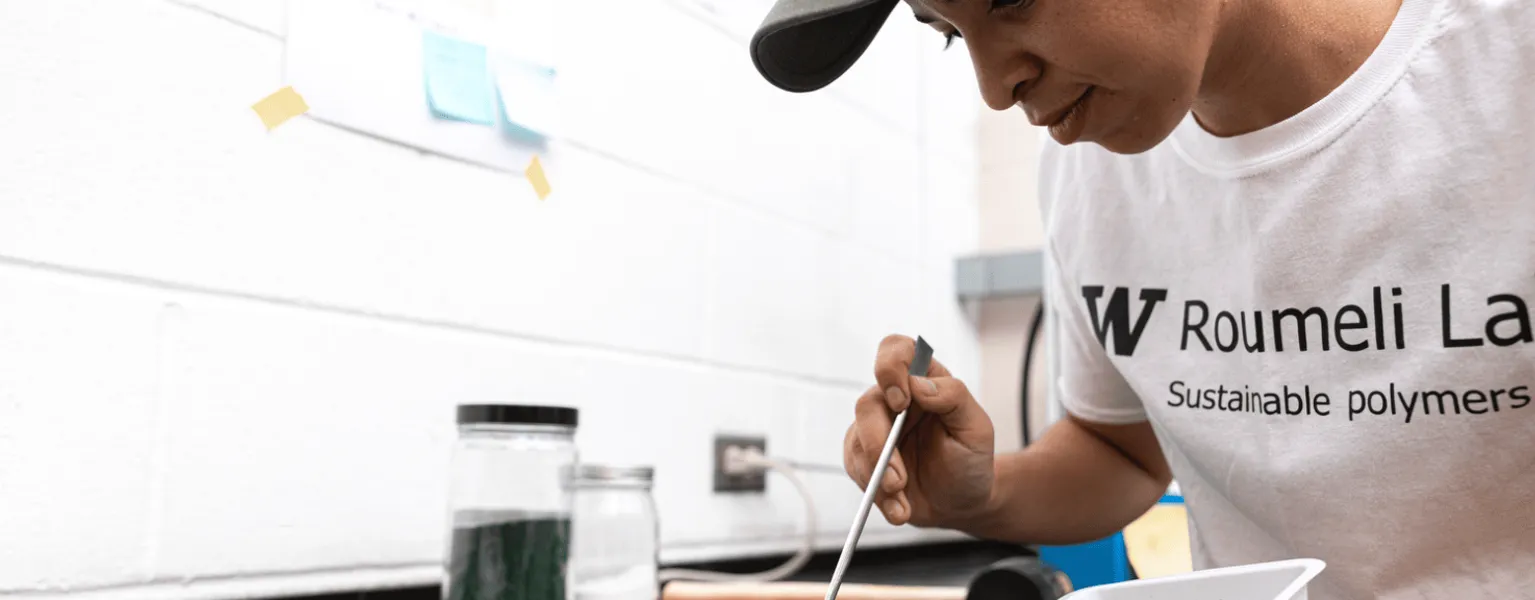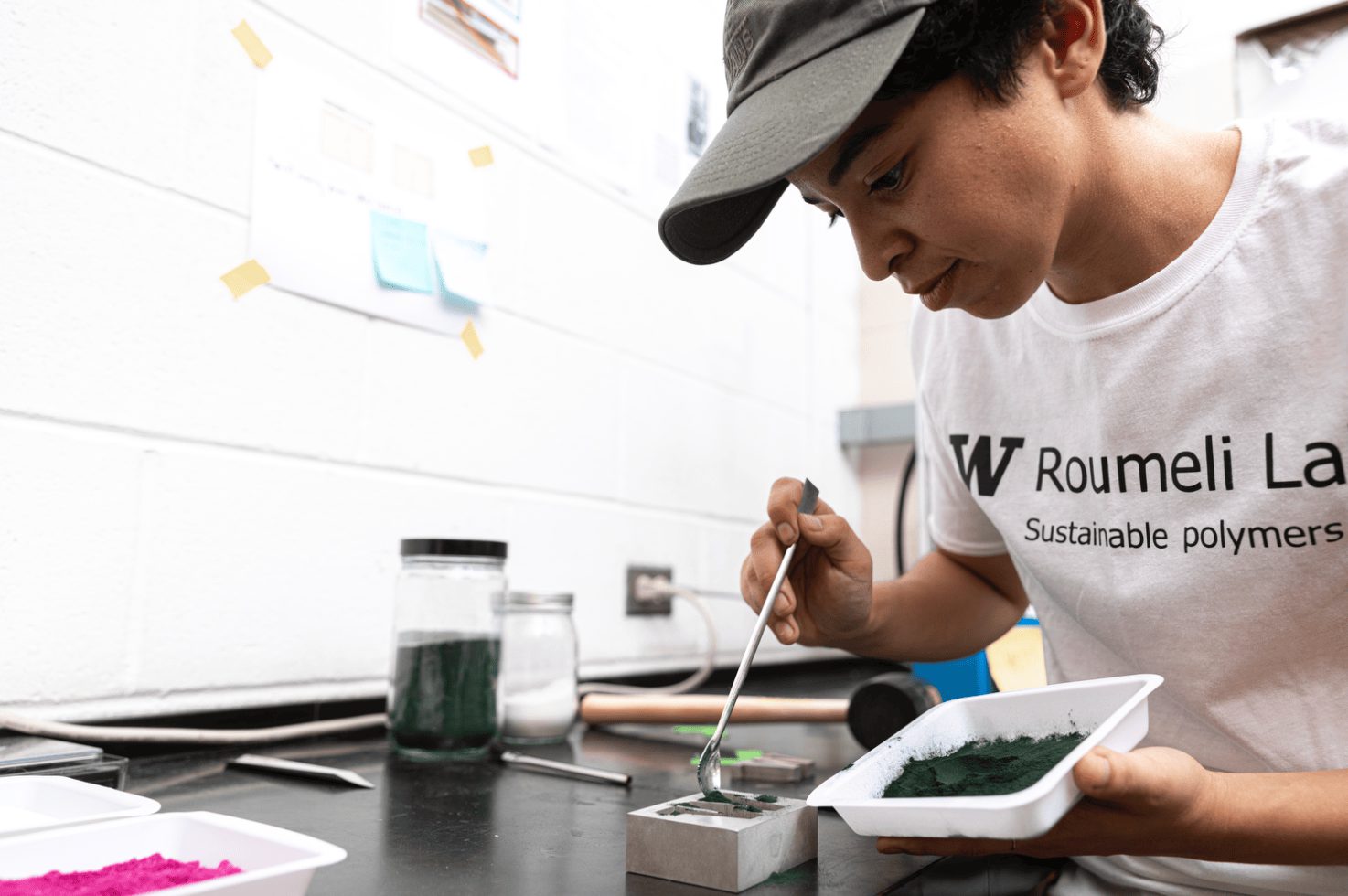University of Washington develops biodegradable plastic for backyard composting

Sustainability
Researchers at the University of Washington (UW) have made a significant breakthrough in developing a compostable and recyclable bioplastic that can degrade under garden compost conditions.
The findings of this groundbreaking research have been published in the Advanced Functional Materials journal.
The team, led by UW materials science and engineering doctoral students Ian Campbell and Mallory Parker, along with postdoctoral scholar Paul Grandgeorge, utilised powdered turquoise cyanobacteria cells, commonly known as spirulina, to create this innovative bioplastic.
Similar to a banana peel in a compost bin, the new bioplastic degrades within the same timescale.
By applying traditional plastic processing techniques involving heat and pressure, the spirulina powder was transformed into different shapes. The mechanical properties of the bioplastic are comparable to those of single-use or petroleum-derived plastics. The use of spirulina allows for large-scale cultivation, while the cells have the additional benefit of sequestering carbon dioxide as they grow, potentially making the biomass carbon-neutral or even carbon-negative.
The researchers acknowledge that further work is needed to address the bioplastic's brittleness and sensitivity to water before it can be used on an industrial scale.

They are currently studying the material's behaviour to overcome these challenges. Once these issues are resolved, the team plans to develop a range of bioplastics that can serve as sustainable alternatives to existing petroleum-based plastics.
Senior author Eleftheria Roumeli, UW assistant professor of materials science and engineering, said: We were motivated to create bioplastics that are both bio-derived and biodegradable in our backyards, while also being processable, scalable and recyclable. The bioplastics we have developed, using only spirulina, not only have a degradation profile similar to organic waste, but also are on average 10 times stronger and stiffer than previously reported spirulina bioplastics. These properties open up new possibilities for the practical application of spirulina-based plastics in various industries, including disposable food packaging or household plastics, such as bottles or trays.
Related News
-
Sustainability
Composting Consortium launches Compostable Packaging Degradation pilot
-
Sustainability
US-based Peace Coffee unveils new compostable coffee pods
-
Sustainability
TÜV Austria Certifies Solinatra's Coffee Capsules as Compostable
-
Supplier News
Greiner Packaging's home-compostable capsule packaging receives TÜV certification
-
Business
Ahlstrom and Istituto Stampa unveil compostable packaging for butter and margarine




